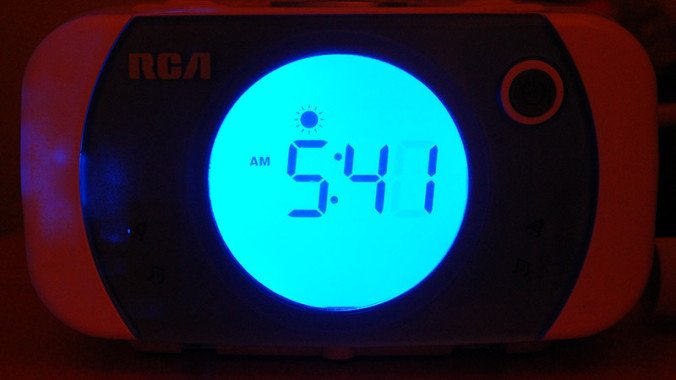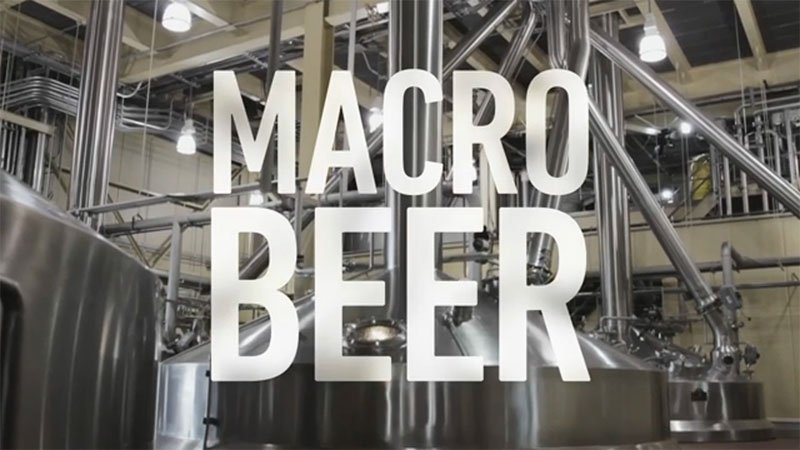Like many, I watched in horror as another mass shooting impacted the lives of random innocents. To see it happen minutes from my childhood home in El Paso, the city that raised me, has left me feeling sad, angry, and hopeless. I haven’t yet found the right way to help. Perhaps telling my story about my hometown will show others a place that seems almost destined to be misunderstood.
In 2011, my father and mother passed away in the house where I was raised, in January and April respectively, both less than a week before their 60th birthdays. Both deaths were a surprise and came at a time when money was tight. My father had been unemployed for the prior year-plus, and my mom struggled with enough ailments, known and unknown, to prevent her from working.
As an only child, packing up the home in which I grew up was daunting, even more so while grieving the loss of my parents. Having returned to the city only for Christmases over the years, and no family within 1,000 miles, you might assume that there would be limited support. You would be wrong. You don’t know El Paso.
The back story
Six years before their passing, my parents had been estranged from the Catholic parish they helped to build in both physical structure and community. The classically El Paso conflict began when my gringo-as-they-come father wrote an email to the parish priest complaining of Spanish music at English masses. Strongly-worded, tone-deaf, and racist, the email sparked a message back from the pastor not an hour later: you’re not welcome in the community any longer. My mom, who was a candidate for a paid position at the church, removed herself from consideration and stood by my father. He never set foot in the church again.
When my father died, the community came together. My mom and I planned a funeral, but we could not afford “extras” as we were unsure of what resources we would need to keep her afloat. It was no matter. The Knights of Columbus, where my dad was a charter member and former Grand Knight, held a wake. Many volunteered in time, talent, and treasure. Even the parish priest, the one who had kicked my dad out in the first place, hired my dad’s favorite musician to play at the funeral. In total, it was an incredible act of love that continued as other members of the community helped my mom to grieve, to reconnect, and to live once I had to resume my life in Pittsburgh.
The most incredible week
About three months later, I arrived in El Paso on a flight I had previously booked to celebrate my mother’s 60th birthday. Instead of bringing Pittsburgh food favorites, I brought with me my now-wife to mourn my mom’s death. Countless acts of kindness began from the moment we landed: a pickup from the airport, a loaner car for our stay, and some food and beer in the fridge. Once we got to my house, we were given one assignment: to bring two 8×10 pictures of my parents to the funeral the next day.
We arrived at the parish and were overwhelmed. The community, in a few short days, had planned a funeral without my involvement. So many friends were there in support and to express their condolences. Flowers, prayer cards, and a celebration of her life and love followed. I don’t remember all of the details — grief and time will take some of that away. I do remember how completely loved I felt at a time where much of what I knew of my life had fallen apart.
The compassion and support didn’t stop there. A couple of dozen folks showed up to help pack up the house and load it into the moving truck I rented. Others held a yard sale to clear out what I wasn’t able to bring back to Pittsburgh. From helping to navigate the business issues of the estate, to assisting in selling the house, to taking care of my dad’s beloved backyard fish pond, there was a constant message: I am family.
What I know about El Paso
My parents, decidedly of European descent in a city that is more than 80% Latinx, were embraced by a community who could have allowed racial divisions, assumptions, and injuries to separate. It is counterintuitive to our current moment, just like the city itself. El Paso is amongst the safest in the world despite being bordered by one of the deadliest. It is a place of beauty and bounty in spite, and because, of its arid landscape. The city is one of many languages, not just English and Spanish, but its melding of the two and others as those of diverse backgrounds consider El Paso home.
Every place that has experienced the senseless violence of domestic terrorism has come together in crisis. The hashtags, like #ElPasoStrong, don’t tell the full story. El Paso is not strong because of its reaction in crisis. It is strong because of the people of El Paso, who will do the hard work to support those who have been impacted, not just in the short-term, but for years to come. El Paso knows, more than most cities, hardship, suffering, and tragedy. More importantly, it knows how to find joy in those times, prioritizing love and support over sadness and wallowing. In a time that is socially and politically fraught with “us and them,” El Paso can and will light the way to show us all how quickly “them” can become “us.”
I am extremely fortunate to have been raised by the city that is El Paso. It taught me what community should look like, how to live out my faith, and what it means to understand people and a culture that is so different from my background. It taught me how to work hard and find happiness in challenging times. Thank you, once again, for what you have taught me and how you have supported me, even from thousands of miles away.
I love you all, and am mourning for those hurt in a city I love. I am here for you. God bless you all.
Postscript: I hope, if you made it this far, that you might be willing to take the #elpasoCHALLENGE by doing 22 good deeds. The idea, conceived by an 11-year-old El Pasoan who wants to honor those killed in the terrorist shootings by spreading the love for which the city is known, couldn’t be more appropriate for our time. For those who have the means, please consider one of your first acts to be a contribution to the El Paso Victims Relief Fund at the Paso del Norte Foundation.









